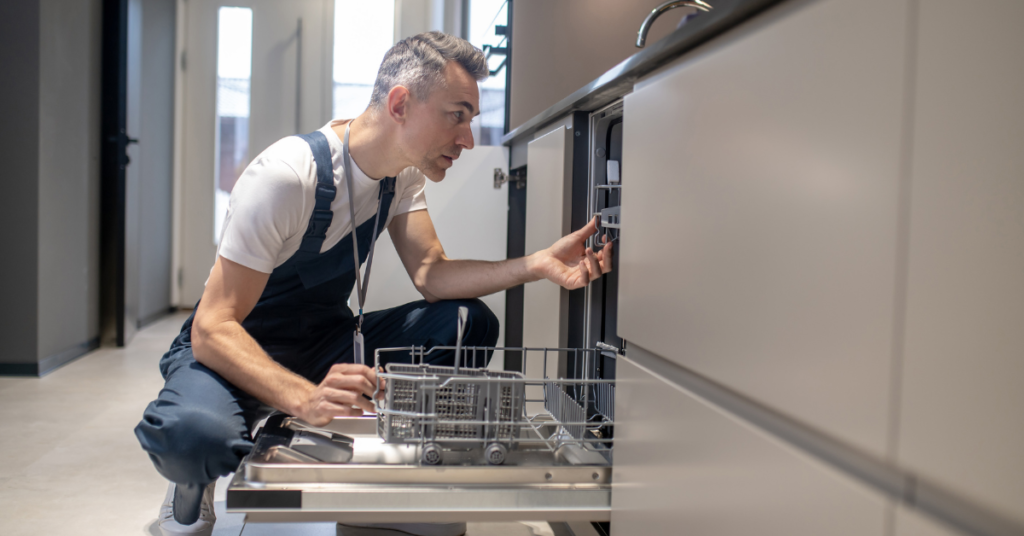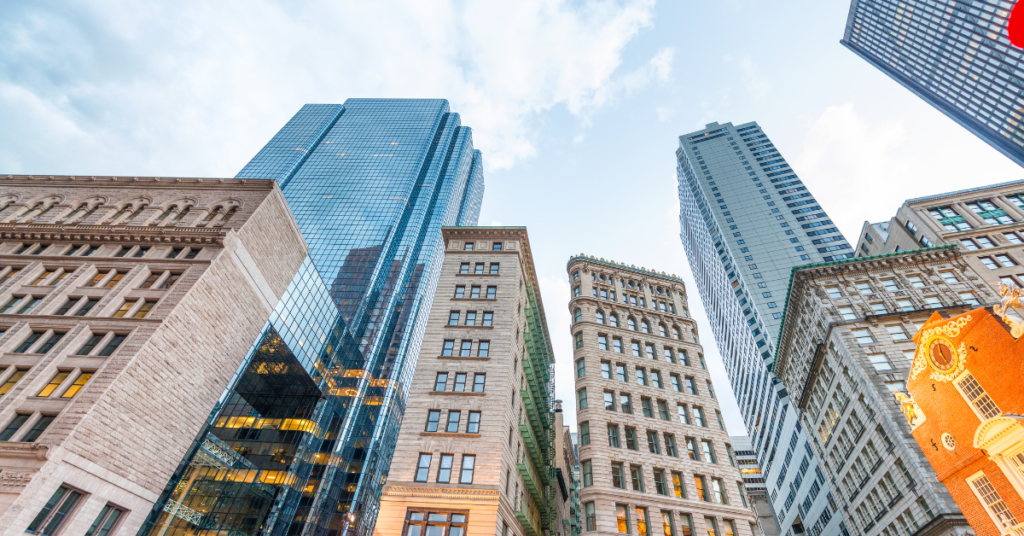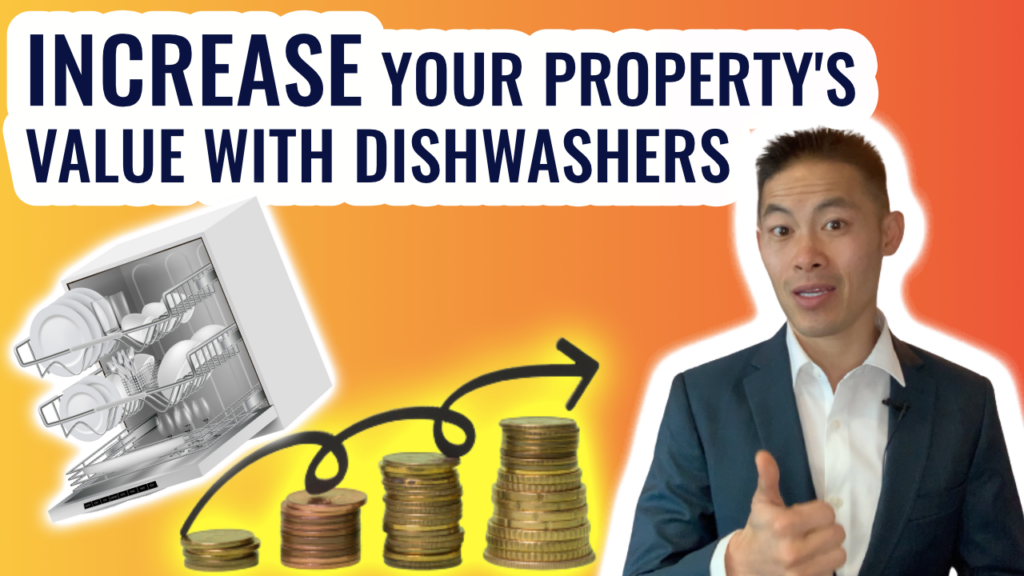Property Value Enhancement: Practical Tips for Homeowners
Reading Time: 9 minutesProperty value enhancement is one of the smartest investments you can make as a homeowner. With the right improvements and upgrades, you can significantly increase your property’s worth and set yourself up for maximum profit when the time comes to sell. But where do you start? What kinds of renovations make sense? And how can…

Property value enhancement is one of the smartest investments you can make as a homeowner. With the right improvements and upgrades, you can significantly increase your property’s worth and set yourself up for maximum profit when the time comes to sell. But where do you start? What kinds of renovations make sense? And how can you ensure you’ll get the highest possible return on investment?
This guide will walk you through the key strategies and tips for boosting your home’s resale value. Read on to transform your home improvement mindset and establish a higher value for your most valuable asset – your home.
Table of Contents
Curb Appeal And Landscaping
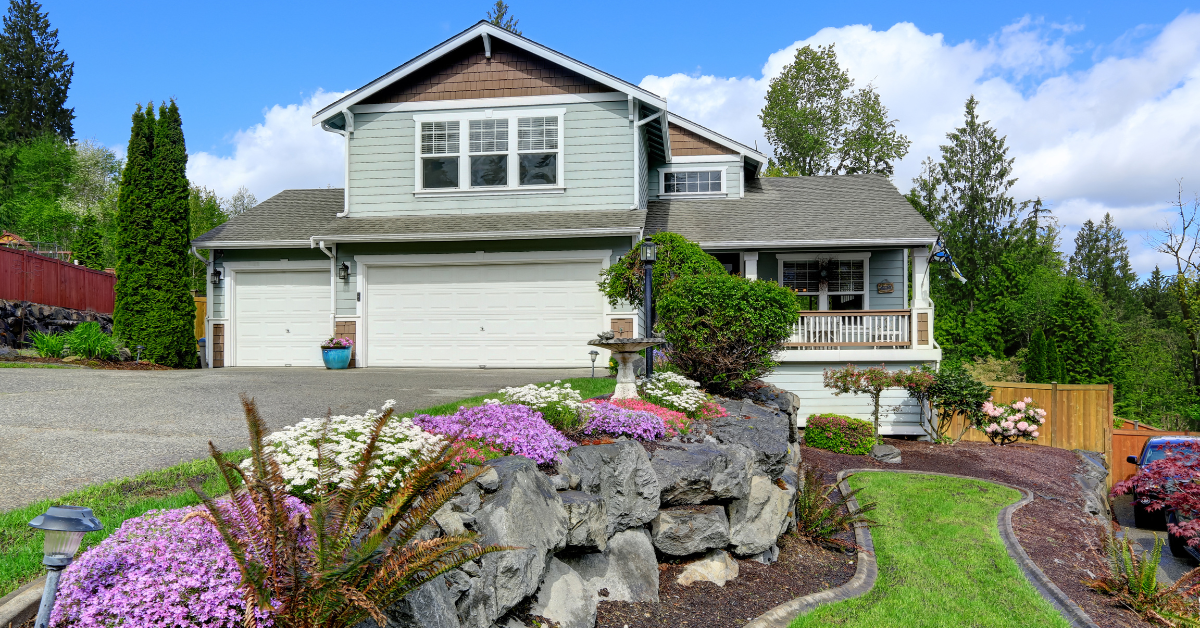
First impressions matter when it comes to property value enhancement. Ensuring your home makes a great first impression with beautiful curb appeal can significantly boost your property value.
Strategically enhancing your home’s landscaping is one of the most effective ways to increase curb appeal. Carefully tended gardens, flowers, trees, and shrubs show potential buyers your property is well-cared for.
Landscaping Ideas to Boost Curb Appeal
- Plant colorful flowers like petunias, begonias, and impatiens in garden beds and pots for vibrant pops of color.
- Add striking plants like ornamental grasses, hydrangeas, and flowering shrubs for year-round visual interest.
- Frame the entryway with symmetrical plantings and potted plants on either side.
- Use trees and shrubs to create privacy and define borders without fully obscuring the home.
- Install hardscaping features like brick or stone walkways, patios, fountains, and retaining walls.
- Illuminate landscaping at night with path lighting, spotlights, and creative uplighting.
Strategic Outdoor Upgrades
- Refresh old fences, gates, and retaining walls around the property.
- Repaint or stain exterior surfaces like siding, trim, decks, and fences for a cohesive look.
- Replace worn or outdated exterior lighting fixtures with attractive, modern options.
- Add accents like house numbers, benches, planters, and outdoor décor to complement the landscaping.
Curb appeal and intentional landscaping create a welcoming first impression and can increase a home’s value by over 5%. Investing in strategic outdoor upgrades pays off when selling.
Home Renovations And Upgrades
When it comes to home renovations, focus your efforts on projects that provide the biggest return on investment. The kitchen, bathrooms, flooring, and exterior facade tend to be areas that buyers pay the closest attention to.
Kitchen
The kitchen is often called the heart of the home. An updated, spacious kitchen with high-end finishes can significantly boost your home’s value. Consider cabinet refacing or replacing outdated cabinets altogether. Upgrade countertops to granite, quartz, or marble. Replace old appliances with energy-efficient models with a sleek stainless steel finish. Add a kitchen island for extra prep space and storage. Install a tile or stone backsplash.
Bathrooms
Bathroom renovations also offer great ROI. Replace outdated tiles, fixtures, vanities, and lighting. Convert bathtubs to spacious walk-in showers, which appeal to aging populations. Install double sinks in master bathrooms. Choose neutral backsplashes and granite or quartz countertops. Add accent tiles for an upscale look.
Flooring
Replace worn carpet and dated vinyl with new hardwood, tile, or stone floors. Refinish existing hardwoods to restore their beauty. Tile is a great option for kitchens, baths, and entryways prone to moisture.
Facade
Curb appeal matters. Give your home an exterior facelift by painting or siding replacement and adding decorative shutters, columns, and lighting. Upgrade exterior doors and hardware for security and aesthetics.
Focus on cost-effective renovations that utilize timeless, classic design elements for long-lasting appeal. Consult with contractors to determine the renovations that will maximize your return on investment.
Energy Efficiency and Sustainability
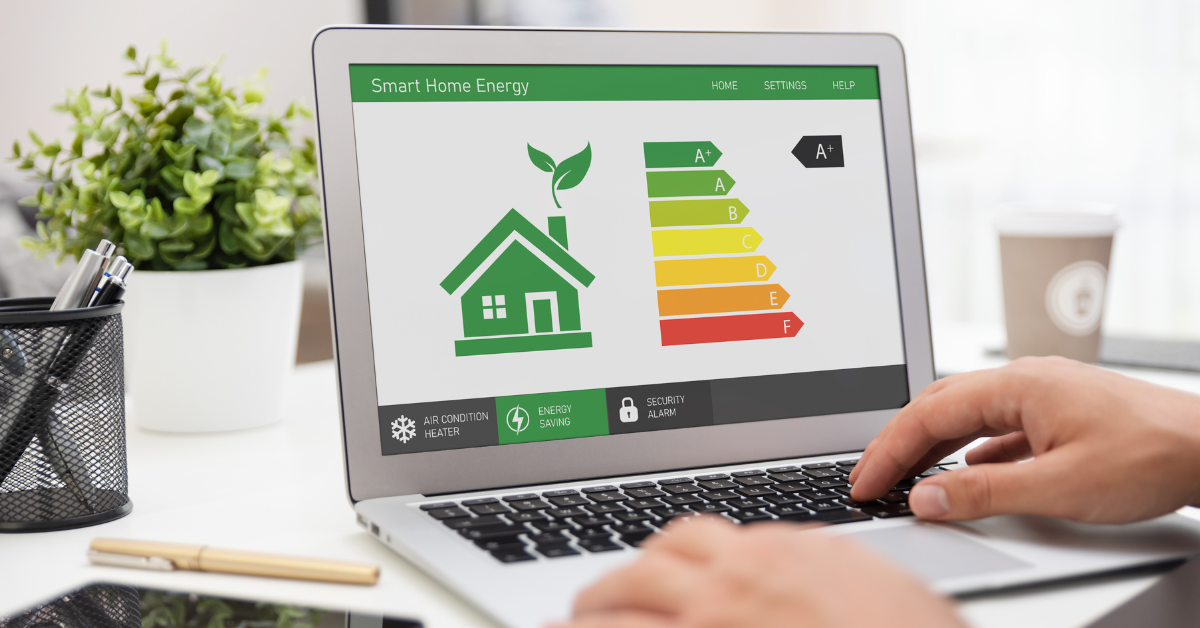
With rising energy costs and growing environmental awareness, energy efficiency and sustainability have become increasingly important for property value enhancement. Homebuyers are looking for homes that are environmentally friendly, energy-efficient, and incorporate sustainable features.
The Appeal of Energy-Efficient Homes
Energy-efficient homes that minimize energy use are very appealing to buyers. They offer lower monthly utility bills and reduced carbon footprint. Simple upgrades like sealing air leaks, adding insulation, replacing old windows, and installing ENERGY STAR-certified appliances can dramatically improve a home’s energy performance. Many utility companies offer rebates and incentives for energy efficiency upgrades. An energy audit can help determine the most impactful improvements.
Installing Energy-Efficient Appliances and Systems
Replacing old, inefficient appliances and HVAC systems with new energy-efficient models can help reduce energy usage. Look for ENERGY STAR-certified models when selecting refrigerators, dishwashers, washing machines, air conditioners, furnaces, hot water heaters, and other appliances. Smart thermostats, LED light bulbs, and low-flow faucets also contribute to energy savings.
Sustainable Features that Add Value
Incorporating sustainable features like solar panels, EV chargers, tankless water heaters, cool roofs, and low-maintenance landscaping demonstrates a commitment to sustainability. Products made from renewable, recycled, and non-toxic materials are also desirable. When making upgrades, focus on durability and quality for long-term value.
Smart Home Technology Integration
The rise of smart home technology has significantly impacted the real estate landscape. Homebuyers today expect automation, convenience, and connectivity in their ideal homes. Integrating smart home upgrades can enhance property value for sellers looking to meet this demand.
Here are some key smart home upgrades that can boost your property’s value:
Smart Lighting:
- Installing automated lighting systems with advanced controls allows programming lights to turn on or off at specific times, enhancing security and energy efficiency.
- Upgrading to LED bulbs that can change color temperature is gaining traction.
Smart Security and Monitoring Systems:
- Features like video doorbells, motion sensors, and remote monitoring enable homeowners to oversee their property from anywhere.
- Smart locks offer keyless entry via smartphones and track all access, providing peace of mind and increasing property value.
Smart Thermostats:
- These devices help homeowners control temperatures effortlessly and save on energy costs.
- Programmable and learning thermostats adjust HVAC usage based on occupancy and habits, maximizing comfort and efficiency.
- Zoned smart HVAC systems optimize conditions in different areas for larger homes.
While smart homes offer convenience, homeowners should be cautious not to overinvest in the latest gadgets and trends. The focus should be on features that appeal to the largest pool of potential buyers, emphasizing increased connectivity, efficiency, and usability.
Aim for timeless upgrades that seamlessly integrate rather than complex systems requiring substantial education. The sweet spot for value is a smart home that feels intuitive yet still impresses with its capabilities.
Functional Space Optimization
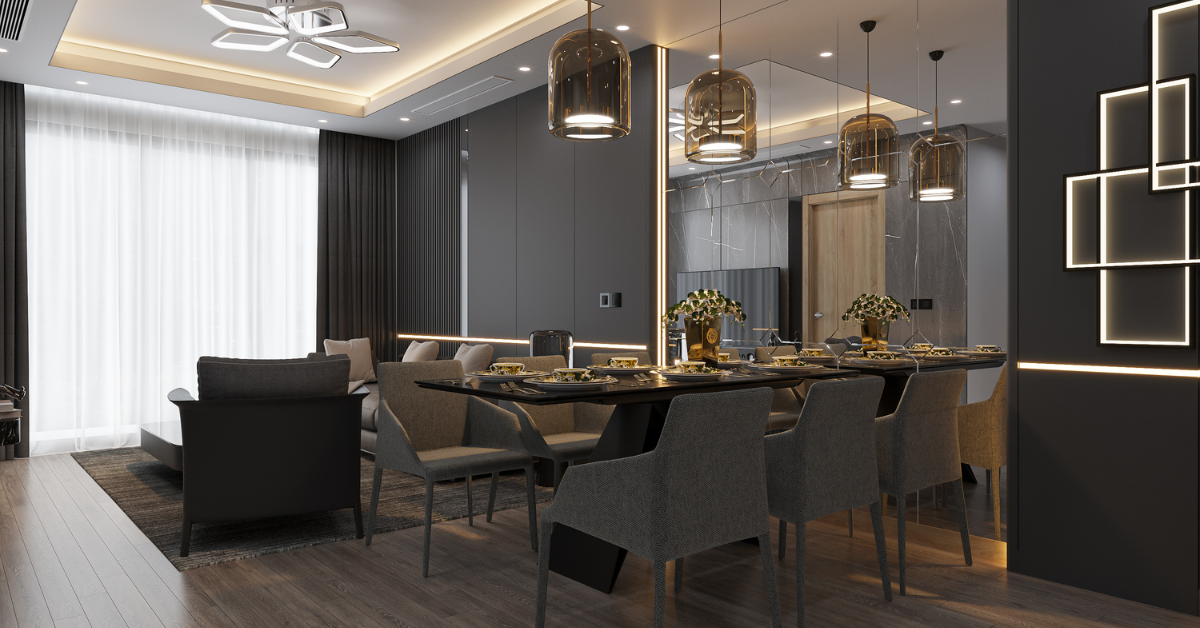
Optimizing how you utilize the functional spaces in your home can greatly enhance its appeal to potential buyers. With savvy design choices, you can transform cramped, cluttered areas into flexible, multi-functional spaces that improve livability.
Maximize the Use of Every Square Foot
- Get creative about defining spaces – a room doesn’t have to serve just one purpose. Convert a formal dining room into a home office or playroom. Use space under a stairway as a reading nook.
- Knock down walls to create open “great rooms” that combine living, dining, and kitchen spaces. Open layouts feel more spacious.
- Repurpose wasted spaces like hallways and alcoves into mini-libraries, display cabinets, or bench seating.
- Add built-ins like window seats, hidden storage, and closet organizational systems to maximize usable space.
Embrace Flexible, Open Floor Plans
Open floor plans allow natural light to flow through the home while enabling flexible room usage. Strategically placed pocket doors, transom windows, and wide openings can connect rooms visually and functionally.
Create versatile spaces like a kitchen/family room combination that transitions seamlessly from casual family meals to formal entertaining. Flexible furnishings like wheeled kitchen islands and modular seating allow quick reconfiguration.
Design for Multi-Functional Use
- A spare bedroom can double as a home office or craft room. Add customized built-ins and storage solutions to adapt it.
- Elevate unfinished basements into recreational spaces like game rooms, home theaters, or hobby workshops. Pay attention to lighting, flooring, and finishes.
- Screen in a porch or patio to function as a three-season sunroom. This adds living space while blurring the line between indoors and outdoors.
With thoughtful planning, every area of your home can serve multiple purposes. This showcases efficiency and versatility which buyers find extremely attractive.
Maintenance And Repairs
Regular maintenance and timely repairs are crucial for maintaining and increasing property value over time. Here are some key points to consider:
Ongoing Maintenance
- Demonstrates attention to detail and prevents small issues from becoming costly repairs.
- Tasks include seasonal HVAC maintenance, gutter cleaning, exterior power washing, tree trimming, roof inspections, and checking for leaks or damage.
- Staying on top of maintenance and documenting repairs shows responsible management of the property.
Timely Repairs
- Prevent further deterioration and damage.
- Issues like leaky roofs, faulty electrical, old plumbing, or foundation cracks can worsen over time if neglected.
- Making repairs promptly demonstrates proactive management of the home’s issues.
Preserving Home Lifespan
- Preserves the lifespan of structural elements, finishes, and systems.
- Better resale value is directly correlated to a well-maintained home.
- Deferred maintenance is a red flag for buyers.
Maintaining detailed maintenance records and promptly addressing repairs show a commitment to quality that home buyers value. Preventative maintenance and timely repairs preserve the integrity of the home, ensuring optimal resale value.
Strategic Design Choices
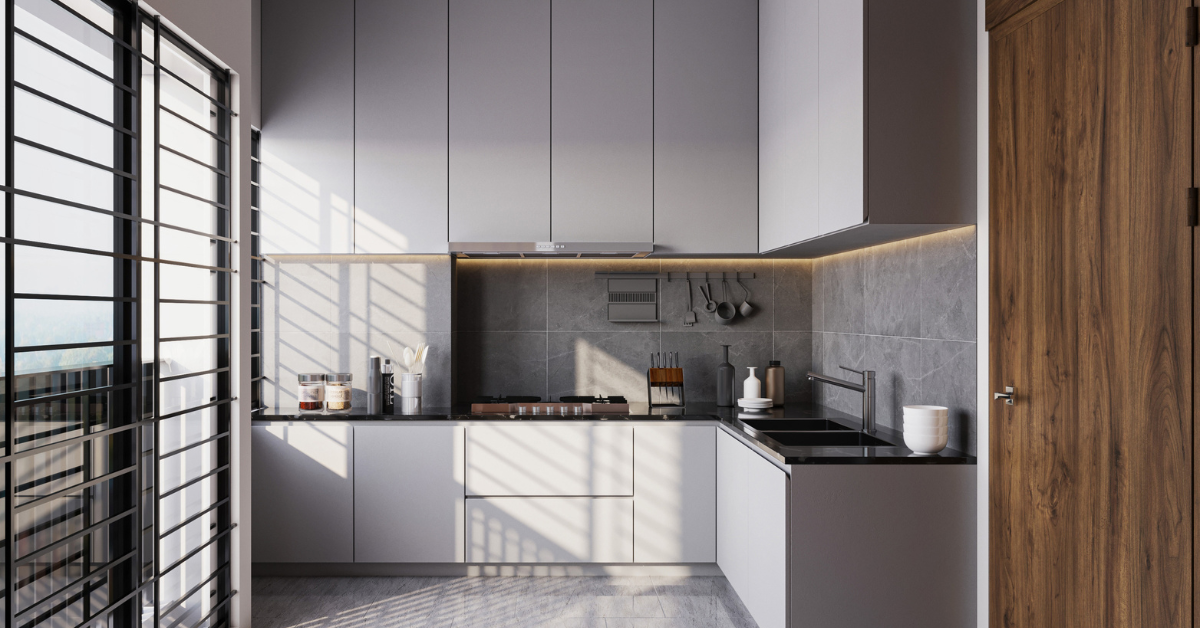
A home’s interior design and decor can significantly influence its perceived value. Making strategic choices in color schemes, materials, and aesthetic styles allows homeowners to increase appeal.
The Psychology of Color
Color choice is an impactful yet often overlooked way to add value through design. Certain colors evoke positive emotions and reactions in home buyers. Neutral tones like off-white, beige, and gray make spaces feel open and airy. Blues and greens evoke calmness and relaxation.
Warm hues like reds, oranges, and yellows promote feelings of comfort and cheer. Avoiding extremes and sticking with versatile, neutral-based color palettes ensures the widest demographic appeal.
Timeless Design Elements
Choose classic, timeless design styles and elements that will retain their aesthetic appeal over years of changing trends. Natural materials like wood, stone, and marble withstand the test of time. Clean lines, high ceilings, large windows, and open floorplans will always feel current. Incorporate modern conveniences and technology while maintaining a classic look. Trendy dated styles can quickly make a house feel stale.
Harmonizing Across Spaces
A cohesive style throughout a home creates flow and harmony. Coordinate color schemes, materials, textures, and accents across rooms. Variety adds visual interest but excessive clashing can feel disjointed. Maintain cohesion while allowing the personality of each space to shine. A home with continuity of design feels polished, pulled together, and most importantly, appealing to buyers.
Leveraging Expertise for Enhanced Property Value
Improving your home’s value often requires expertise beyond simple DIY projects. Professional consultation can help homeowners make strategic enhancements tailored to boosting property value.
The Role of Home Staging
Home staging is the process of preparing a property for sale to showcase its full potential. Stagers use furniture arrangement, decor updates, de-cluttering, and accent lighting to showcase the home’s best features. Staged homes often sell faster and for a higher price.
Hiring a professional stager, even for just a consult, can provide an objective analysis of how to maximize your home’s appeal. They identify areas needing improvement and provide staging recommendations to motivate buyers. The ROI from home staging can be significant.
Partnering with Real Estate Agents
Experienced real estate agents also offer valuable insights into preparing a home for sale. They know the local housing market and what home features and upgrades buyers find most appealing.
Agents can advise you on which improvements will yield the highest ROI. Allow them to conduct showings to get unbiased feedback from potential buyers. This helps identify areas needing improvement before listing your home.
Collaborating with stagers and agents allows homeowners to capitalize on expertise. Their recommendations help ensure you make strategic enhancements that boost perceived and actual property value.
Financial Considerations and Return on Investment
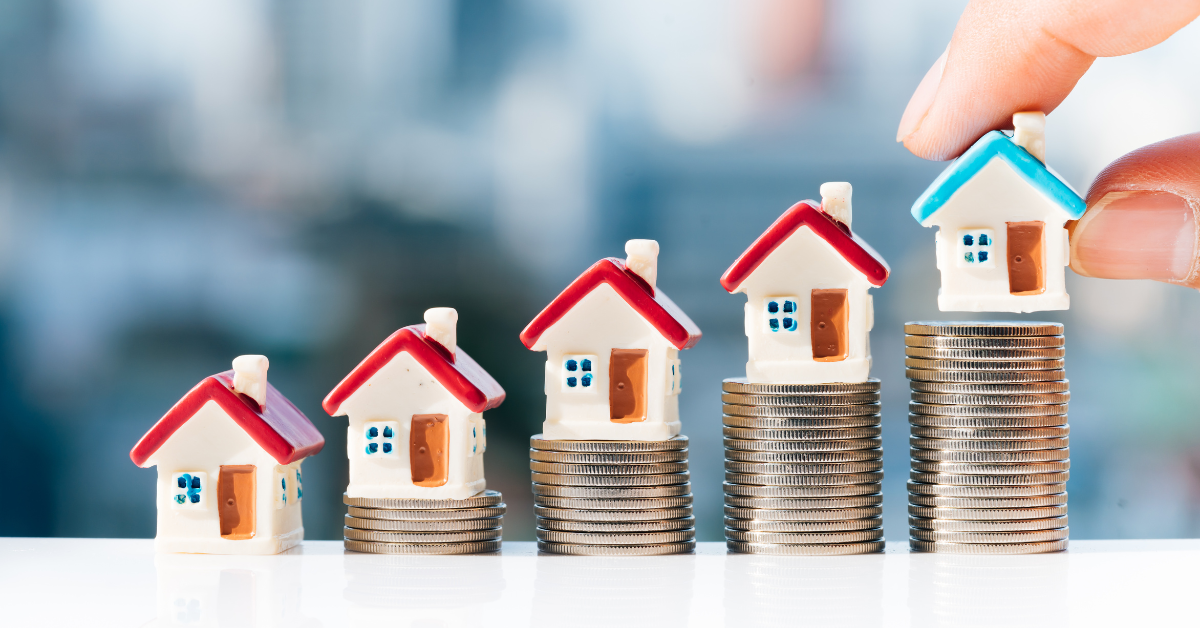
One of the most important factors for homeowners to consider when planning property enhancement projects is the financial investment required and the potential return on that investment. Careful budgeting and analysis of the ROI for various upgrades can ensure that homeowners select improvements that will have the highest impact on their property’s resale value.
When budgeting for enhancement projects, homeowners should first assess the costs for upgrades based on their scope and required materials. It’s advisable to get multiple quotes from contractors to find the best deal. Homeowners should determine which projects they can DIY for further cost savings, but be realistic about their skills. Most importantly, only take on financially feasible projects within your budget to avoid overextending.
Another key consideration is evaluating the ROI of potential upgrades by comparing their upfront costs versus the boosted resale value they can provide. Not all renovations bring equal returns – kitchen and bathroom remodels tend to have the highest ROI, while other projects like finishing basements have lower returns. Aim for renovations that are appealing to buyers and provide modern utility, without over-improving beyond the neighborhood value.
It’s also important to balance investment in the property with maintaining realistic expectations for the local real estate market. Avoid upgrades that overprice your home compared to nearby sales, as an over-improved property may sit longer or require price reductions. Target enhancements that can push the resale value to the upper end of your area’s range.
With strategic budgeting and ROI analysis, homeowners can identify and complete projects that maximize their property value enhancement without overspending. Prioritizing the right improvements and financial planning is key to boosting resale value.
Conclusion
Property value enhancement is a journey that requires strategic planning, dedication, and attention to detail. From smart upgrades and maintenance to strategic renovations and effective communication, every step taken contributes to maximizing property value.
At Green Ocean Property Management, we specialize in helping homeowners maximize the potential of their properties. Whether you need assistance with smart upgrades, maintenance, renovations, or any aspect of property management, our experienced team is here to support you every step of the way.
Contact us today to learn more about how we can help you elevate your property and achieve your real estate goals. Together, let’s turn your property into a valuable asset that stands out in the market and generates long-term success.
Balancing Convenience and Costs: Adding Dishwashers and Disposals to Rental Properties
Reading Time: 3 minutesAs a landlord, the decision to incorporate dishwashers and disposals into your rental property during renovations is a common question that arises. Balancing the potential benefits of increased demand and convenience against the ongoing expenses and maintenance challenges is crucial. In this article, we’ll explore both sides of the coin in adding dishwashers and disposals…
Navigating Boston’s Rental Market: Our Approach to Informed Property Management
Reading Time: 2 minutesBoston’s rental market can be challenging to navigate with its fast-paced, competitive landscape, and complex regulations. As property managers and landlords in Boston, having our finger on the pulse of the local rental market is crucial to running a successful business. Our data-driven approach focuses on understanding market trends, rental prices, demand in different neighborhoods,…
How to Add a Dishwasher
Reading Time: < 1 minute Easy way of adding a dishwasher What we will do is work on the necessary electrical and plumbing behind the countertop. Once done, we will slide in a dishwasher then we will make sure that it looks good and looks like the rest of the cabinets. This is…

